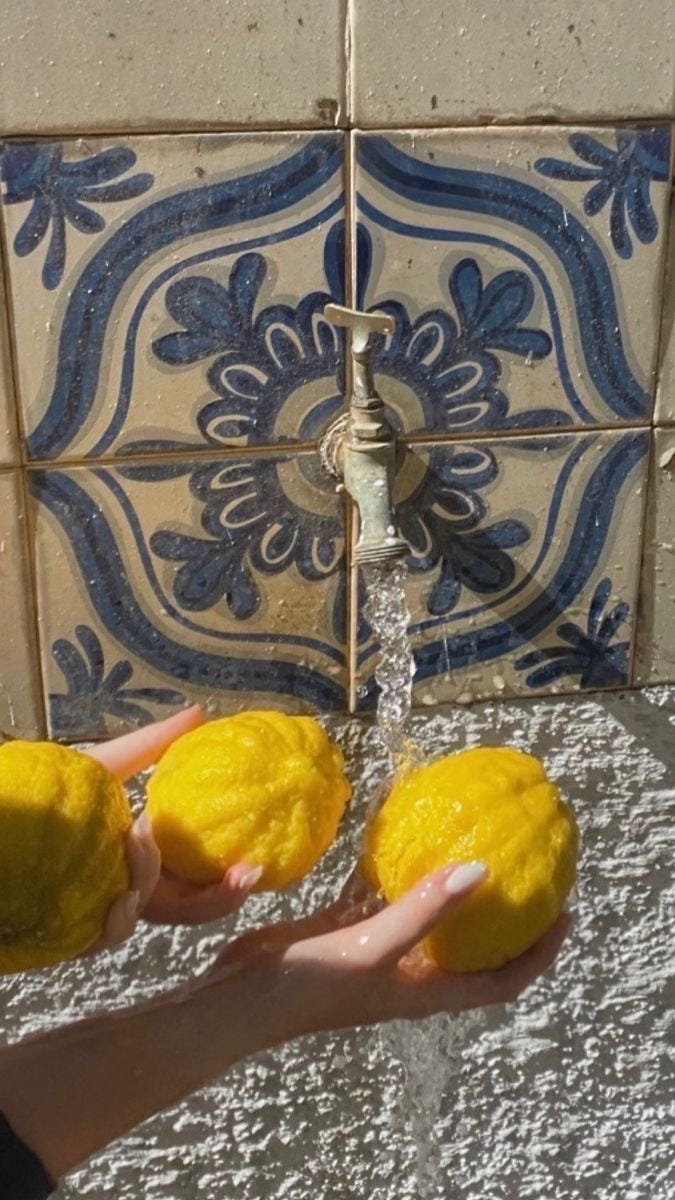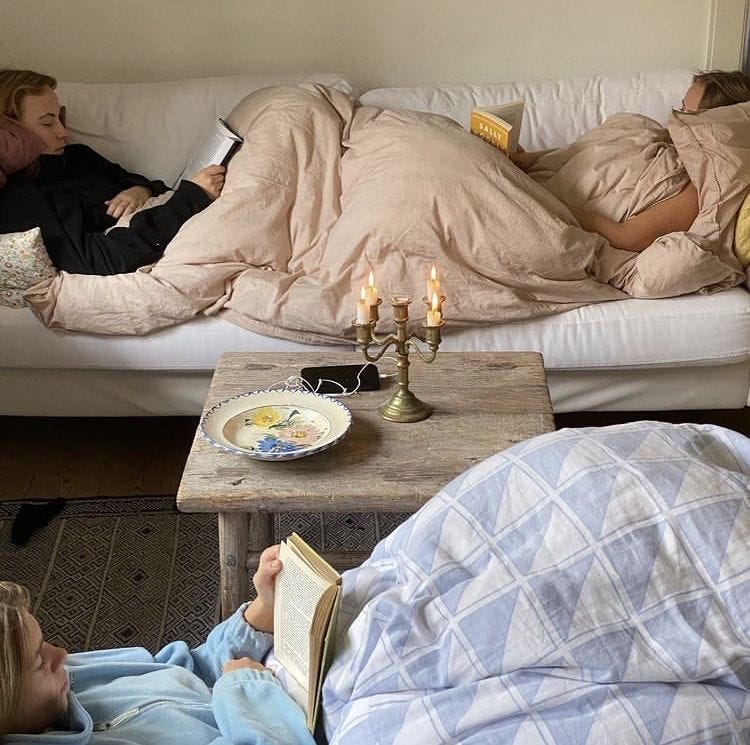burnout doesn’t announce itself. it seeps in slowly, in ways you don’t notice until you’re drowning. at first, it’s just a mild irritation—words blurring on a screen, an inexplicable heaviness in your body, a procrastination habit that wasn’t there before. then one day, you wake up and realize you hate everything: your work, your responsibilities, even the hobbies you used to love. you scroll mindlessly but retain nothing. you drink coffee, but it doesn’t wake you up. you try to rest, but you’re still tired.
i know this cycle intimately. i used to treat burnout like a productivity tax—something inevitable, a sign that i was working hard enough. i’d wait until i fully crashed before allowing myself to slow down, and by then, the damage was already done. so i started looking at the people who seemed immune to burnout—the ones who worked hard but never seemed depleted. and what i learned is this: they weren’t working less. they were just operating differently.
so here’s what i’ve learned. the anti-burnout guide that’s kept me from spiraling.
1. lowering the bar… and then lowering it again
i used to think high standards were a flex, but honestly? they’re just a great way to stay exhausted forever. burnout thrives on all-or-nothing thinking—the idea that if you can’t do something perfectly, you shouldn’t do it at all. now, i do the opposite. i set the bar insultingly low. instead of a perfect workout routine, i aim for any movement. instead of writing the perfect article, i write a bad first draft. 90% of the time, i end up doing more than i planned. but the secret is, even if i don’t? it still counts.
2. having a “bare minimum” routine that keeps me human
some days, my brain and body refuse to cooperate. but instead of letting one bad day turn into a lost week, i have a bare minimum checklist that keeps my life from unraveling. it’s not some elaborate morning routine—it’s basic survival:
• eat something (even if it’s just toast)
• drink water before caffeine
• move my body (stretching counts)
• step outside, even if it’s just my balcony
• do one productive thing, even if it’s tiny
this way, even my worst days aren’t complete write-offs.
3. replacing toxic productivity with “efficient laziness”
burnout doesn’t come from working too much. it comes from working inefficiently—grinding at full speed with no strategy, pouring energy into things that don’t actually matter. so now, i optimize for laziness. i batch annoying tasks so i don’t have to context-switch. i automate anything that drains my mental energy. i stop micromanaging things that don’t need to be perfect. the goal isn’t to do more—it’s to make work require less effort.
4. scheduling “nothing” into my week (and actually protecting it)
when your schedule is always full, even fun things start feeling like obligations. i started treating empty time like a real commitment—something non-negotiable. if someone asks me to do something during that time, i don’t say, “i’m free.” i say, “i have something scheduled.” because i do. and that something is me doing absolutely nothing.
5. keeping hobbies that make me worse, not better
somewhere along the way, we started treating hobbies like unpaid internships. i used to feel guilty if a hobby wasn’t productive—if it didn’t make me smarter, healthier, or richer. but hobbies aren’t meant to be leveraged. they’re meant to be enjoyed. so now, i have hobbies that i’m unapologetically bad at. i doodle like a five-year-old. i read books with zero intellectual value. i bake things that are objectively ugly. none of it improves me. but all of it makes me happier.
6. ignoring my to-do list and listening to my body instead
we’ve been conditioned to push through exhaustion, to treat rest as a reward instead of a requirement. but burnout happens when you ignore your body’s signals long enough that it stops asking and starts shutting down instead. so now, i don’t wait until i’m completely depleted. if my brain is fried, i take a break before i crash. if i’m exhausted, i rest before my body forces me to. because when you start treating rest as fuel instead of a luxury, you realize you can actually get more done—not less.
7. deciding what’s actually worth my energy
not everything deserves my full effort. not everything deserves my time. and most of all, not everything deserves to be done at all. i used to think being productive meant getting everything done. but real productivity is about getting the right things done and ignoring the rest. every time i feel overwhelmed, i ask myself:
• will this matter a month from now?
• if i half-ass this, will anyone notice?
• what happens if i just… don’t do it?
turns out, most things are optional.
8. treating burnout prevention like hygiene, not a cure
we brush our teeth every day so they don’t rot. we shower regularly so we don’t stink. but when it comes to burnout, we act like it’s something to fix after we’ve already crashed. except burnout, like hygiene, isn’t a one-time problem—it’s an ongoing process. you don’t wait until you have cavities to start brushing your teeth. so why wait until you’re burnt out to start protecting your energy?
burnout isn’t proof that you’re working hard. it’s proof that something isn’t working.
because life will always be busy. responsibilities won’t disappear. but how we move through it—the expectations we set, the way we manage our energy, the way we take care of ourselves in between—that determines whether we stay afloat or end up drowning.









Super needed articulation. And I would love to see this as a greater shift in our current culture. I’d love to see it become the norm, not the glorified grind, crash, and burn.
Loved it! In the last years, I've been struggling to find balance between my daily life's demands and my mental and physical health. Unfortunately, it was only after experiencing some difficult setbacks that affected my overall health that I reached the same conclusions you described.